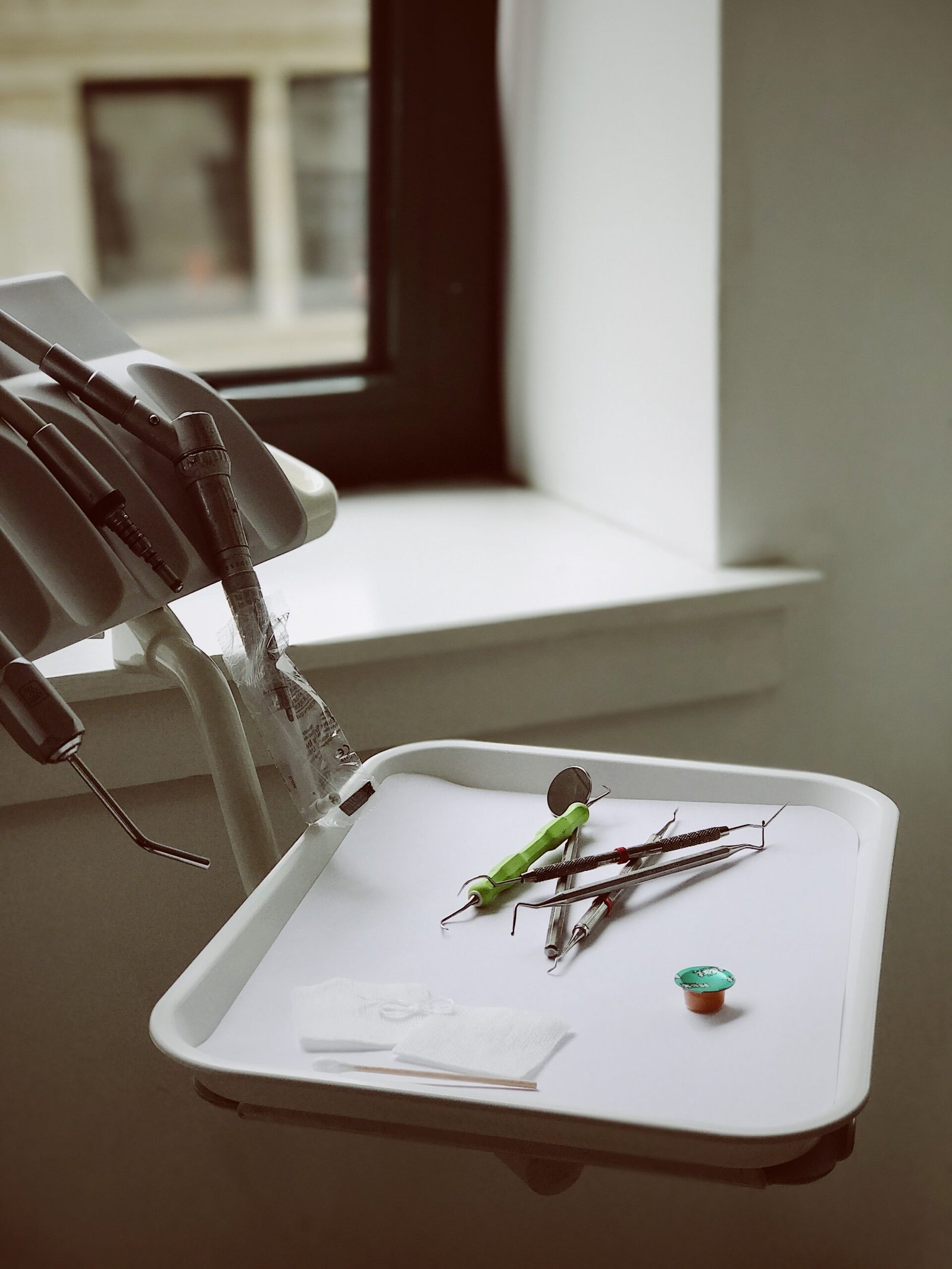
Healthcare is one of many industries being rapidly transformed by artificial intelligence (AI). Dental AI is the term for the AI that has recently begun to be used in the dental sector. Computer vision and machine learning algorithms are used in dental AI to analyze patient and dental picture data, aid in diagnosis, and simplify dental procedures.
Dental AI is growing in popularity and value as a resource for dentists and other dental professionals due to its potential to increase accuracy, efficiency, and patient outcomes. In this context, we can look at a few of the surprising advantages of dental AI, including how it can enhance patient care, lower costs, and advance dental research.
In 2022, X-ray analysis and clinical insights were revolutionized by artificial intelligence. The technology was embraced by thousands of clinics to assist in the diagnosis of pathologies and to ease the burden on their physicians.
The addition of the technology also has unanticipated advantages. Dental organizations that adopted Overjet’s AI technology found that it also aids in the following areas:
- overcoming mental and visual exhaustion
- establishing clinical coherence
- Improving patient comprehension and acceptance of the treatment
- Increasing the self-assurance of newer providers
- submitting claims with supporting information
Overcoming Eye Fatigue and Decision Fatigue
The FDA has given Overjet’s AI the go-ahead to quantify assessments of bone density and detect and indicate dental decay. AI systems, in contrast to humans, never become bored or exhausted. The annotations assist clinicians know where to look, and the AI delivers an impartial analysis in real time.
Creating Clinical Consistency with AI
DSOs want accuracy and uniformity among their practises and providers. The diagnosis must be reliable in the eyes of the patient. By integrating with both the practise management system and the digital imaging system, Overjet offers clinical information that DSOs may utilise to create standards of care. Only a dentist can make a diagnosis, but AI’s objective results help to ensure that everyone has access to the same set of research-based information for their clinical decisions.
Enhancing Patient Education and Treatment Acceptance
The patients’ response has been one of the biggest surprises with AI. When patients see the AI annotations, they become more interested and enquire about what the markings represent.
Boosting the Confidence of Younger Providers
Dentists with less experience might not be as confident in their ability to diagnose problems and present cases. Their assurance that they are correctly diagnosing patients is increased by having the AI analysis and annotations. Additionally, it facilitates case presentations. A younger dentist might not be trusted by all patients. The AI offers an unbiased, outside study that backs up the physician’s suggestions.
Submitting Claims with Evidence-Based Data
How Overjet’s AI assists with insurance claims was one of the biggest surprises for DSOs that adopted it. For instance, to back up claims for scaling and root planning, dental insurance companies often need proof of radiographic bone loss in addition to periodontal probing depths. The only dental AI product with FDA approval for quantifying bone level is Overjet. The business may use a photo and Overjet’s AI-generated measurements in its claim. These are just a few applications of artificial intelligence technologies that DSOs are using to improve patient care and operational effectiveness.
Conclusion
Finally, dental AI offers a number of unforeseen advantages that have the potential to completely transform the dentistry sector. AI can assist dentists in providing a more individualized and comfortable experience for their patients while also boosting their research and analysis capabilities. From quicker diagnosis and treatment planning to greater accuracy and lower expenses. We may anticipate seeing more cutting-edge applications and solutions that can enhance oral health outcomes and patient happiness as dental AI continues to evolve. With these possible advantages, it is obvious that dental AI has a bright future and will most certainly play a crucial role in the dentistry sector.
- Tags :
- artificial intelligence
- dentist

